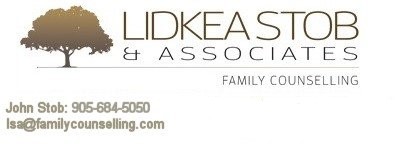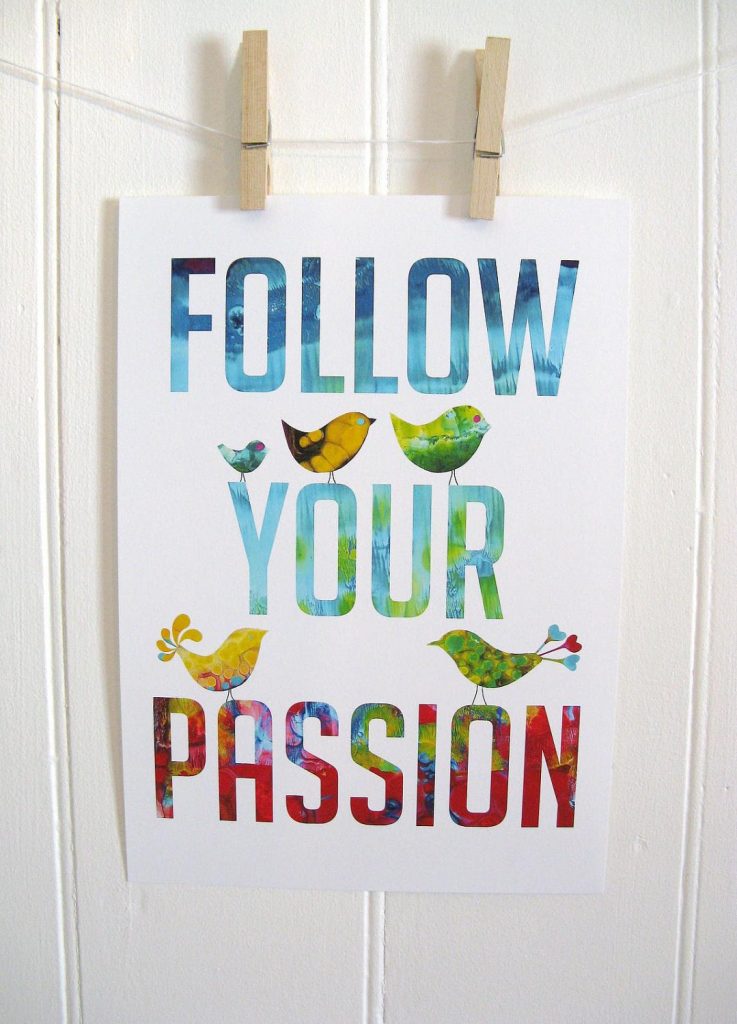Follow Your Passion: Discovery is the first step
We have all heard the phrase, “just follow your passion.” That sounds like a way to inspire our lives but is it good advice and how do we know what our passion is? Finding out what you are truly passionate about takes a little detective work.
If we look more closely at this trend there seems to be two streams of thought. One is just to jump right into whatever makes your heart sing without consideration for the practicalities of life. So let’s say I am passionate about chocolate, do I leave my career to work in a chocolate shop? Considering a few practicalities might be in order. Am I passionate about chocolate or perhaps I’m really passionate about food.
Expand your ideas and see where it takes you. Once we go down this rabbit hole the possibilities become endless. This could involve opening a restaurant, creating a home based business, taking a chocolate course or traveling somewhere and exploring new food that we might love as much as chocolate.
We can find passion in our everyday if we look hard enough and are willing to try something a bit different. Volunteer to take on a new project or do something for co workers that makes you happy and shares your passion. Spread that feeling of happiness and watch it grow.
Don’t discount ideas that seem unrealistic. Work with them and think about how you could make them fit. Think to the future and explore possibilities. To explore this idea further The Muse looks at 6 Fresh Ways to Find Your Passion.
Being passionate can test our comfort zone and tolerance for change. As humans we are often filled with excuses for why we can’t do things. What is the barrier standing in your way? Fear, financial security, what people might think?
Oprah magazine is always there to help us in these times of uncertainty with articles like How To Find Your Passion and The Secret to Finding Your Passion. The authors lead us to ask ourselves questions and find themes in our life that help us find out what keeps us interested and what makes us happy. No expensive tests needed, just explore your soul, find your passion and you’re on your way to a new adventure!
Save



